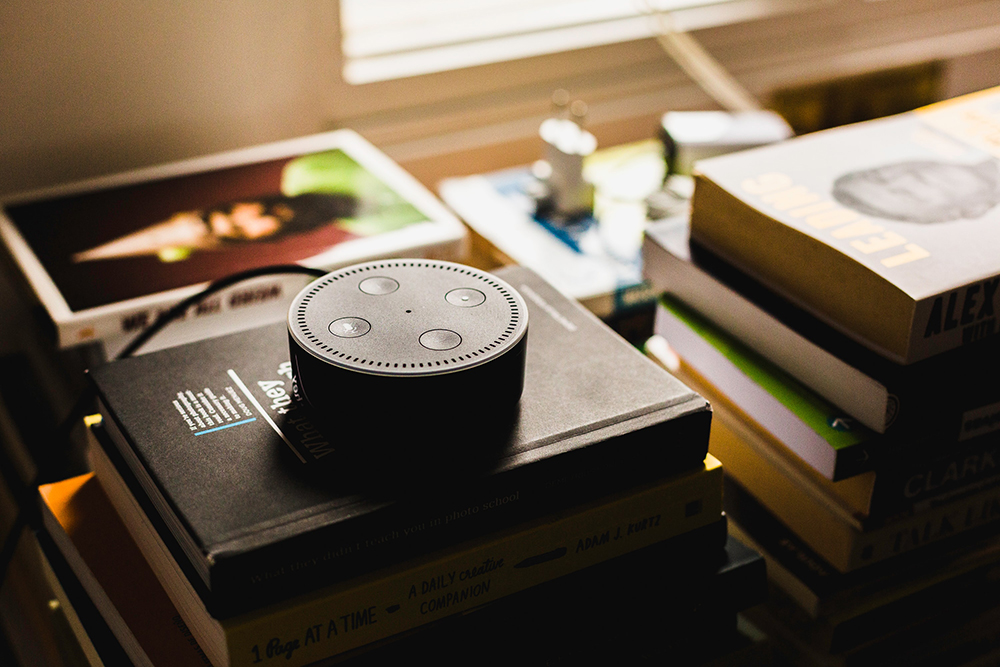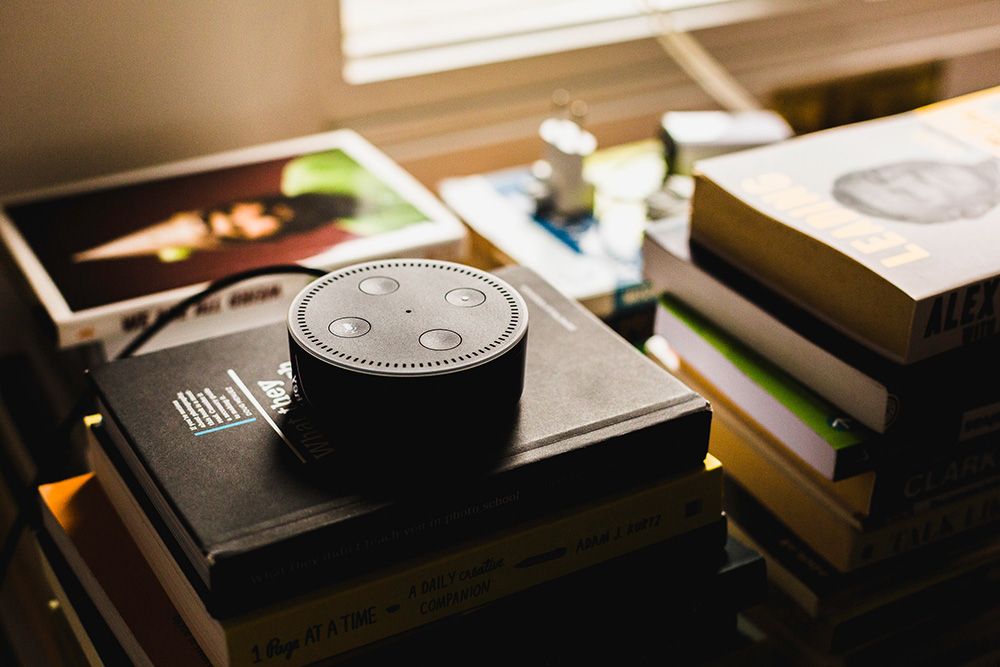Amazon’s Alexa can perform actions on her own based on previous instructions from the user without asking beforehand. Until now, the voicebot always asked before it did anything. Now it has hunches, which is what Amazon calls the function. On its website, the company writes: “Managing your home’s energy usage is easier than ever, with the Alexa energy dashboard. It works with a variety of smart lights, plugs, switches, water heaters, thermostats, TVs and Echo devices. Once you connect your devices to Alexa, you can start tracking the energy they use, right in the Alexa app. Plus, try an exciting new Hunches feature that can help you save energy without even thinking about it. Now, if Alexa has a hunch that you forgot to turn off a light and no one is home or everyone went to bed, Alexa can automatically turn it off for you. It’s a smart and convenient way to help your home be kinder to the world around it. Every device, every home, and every day counts. Let’s make a difference, together. Amazon is committed to building a sustainable business for our customers and the planet.” (Website Amazon) It will be interesting to see how often Alexa is right with her hunches and how often she is wrong.
Dialects and Accents as a Challenge for Voice Assistants
Voice assistants often have difficulties with dialects. This was already evident in the case of Siri in 2012. In German-speaking Switzerland, she did not always understand users. There is a similar problem in the UK. Alexa and other voice assistants have trouble understanding the accents there. According to the Guardian, the BBC is preparing to launch a rival to Amazon’s Alexa called Beeb (a nickname for the public service broadcaster, just like “Auntie”). “The voice assistant, which has been created by an in-house BBC team, will be launched next year, with a focus on enabling people to find their favourite programmes and interact with online services. While some US-developed products have struggled to understand strong regional accents, the BBC will … ask staff in offices around the UK to record their voices and make sure the software understands them.” (Guardian, 27 August 2019) Auntie has no plans to develop or offer a physical product such as Amazon’s Echo speaker or a Google Home device. Instead, the Beeb software will be built into the BBC online services. It remains to be seen whether this will solve all problems of comprehension.

